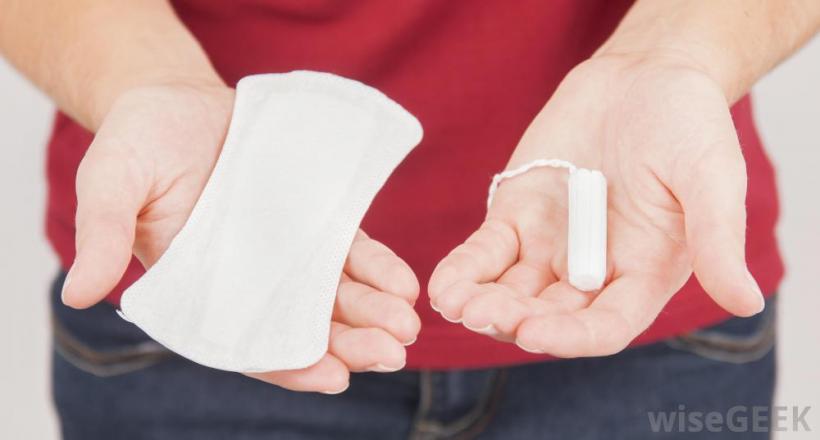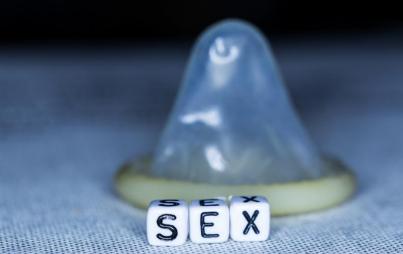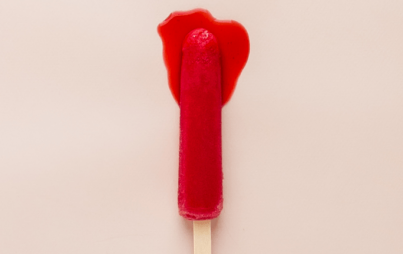
"If you could get your period to last only 20 minutes, would you?" Image: wisegeek.com
If you could get your period to last only 20 minutes, would you?
Anyone who has ever scrubbed blood out of underpants or had a weekend getaway with a lover complicated by a period is probably thinking, Yes! Wow! That sounds amazing! Where do I sign up?
Well, what if I told you that there is a practice called Menstrual Extraction (ME) that can suction out your period with a simple syringe and cannula system? Still with me?
What if I told you that, in the US, the practice of ME is done outside a doctor’s office or clinic and is usually performed by non-medical professionals? In fact, it’s usually performed by women — often groups of friends — in their own homes.
Still interested? Or are you getting squeamish about the idea of gathering your book club and learning how to suction out each other’s periods?
I know.
I read this article about the practice of ME today and it’s one of the most thought-provoking things I’ve read in a while. The practice was developed in the early 1970s as a way for folks to take control of their reproductive health prior to Roe v Wade; the procedure can be used as a very early-stage abortion. In fact, in many places across the globe it commonly is used that way.
In places where abortion is illegal (including the US prior to 1973), people can administer and receive ME without running into the risks related to the kind of “folding table and dirty knife” abortions that we all remember from the movie Dirty Dancing. Groups of thoughtful and trained friends could help one another prevent a pregnancy at or around the time a period would normally occur, at the very earliest stage of pregnancy. In fact, Cubans today can receive ME free of charge at hospitals if their periods are up to two weeks late, without so much as a pregnancy test.
Nowadays, in the States, ME is more of a tool of empowerment, giving us yet another choice for how to manage our cycles. It requires not only equipment and training to do safely, but also knowledge of your own body and a friend or friends with whom you are willing to share a very intimate experience.
Now, I’m a bit of a skeptic about DIY medicine, so I wanted a professional opinion on ME. I sent a message to Ravishly Editor-in-Chief Joni Edelman, who is both an amazing feminist thinker and a registered nurse with labor and delivery experience, and asked her what she thought. Hilarity ensured as we had a fairly graphic text discussion about extracting menstrual tissue while I shopped for fresh fruit and she styled her hair.
(Joni and I are the multi-tasking, modern, body-positive, pro-all-kinds-of-choices feminists the conservatives warned you about. MUAHAHAHA!!!!)
Joni’s conclusion about the safety of ME — either for removing the products of conception or to speed up a normal period — is that the big risk is infection due to potentially introducing bacteria into the uterus. But she also reminded me that it doesn’t take a lot of skill to sterilize equipment — even midwives in the age before electricity used boiling water to sterilize their tools.
Obviously, you have to think carefully about who’s doing the ME for you. But you also have to think carefully about who’s injecting your Botox or attaching the brake cables in your car. Nothing is without risk.
Now, is this a good idea? Well, that’s a lot of questions in one. Is suctioning out your period rather than letting it slough off normally a good idea? Is becoming that intimately acquainted with the workings of your body, and maybe other bodies, a good idea? Is controlling the effects of your menstrual cycle on your life a good idea? Is slipping beneath the radar of laws and regulations to control pregnancy in the earliest stages a good idea?
Is demanding full ownership of your body a good idea?
To that last question, the answer is unequivocally yes. How you choose to do that, is up to you.
ME is one more tool in the arsenal of self-determination. Now you know it’s there. Do with it what you will.







